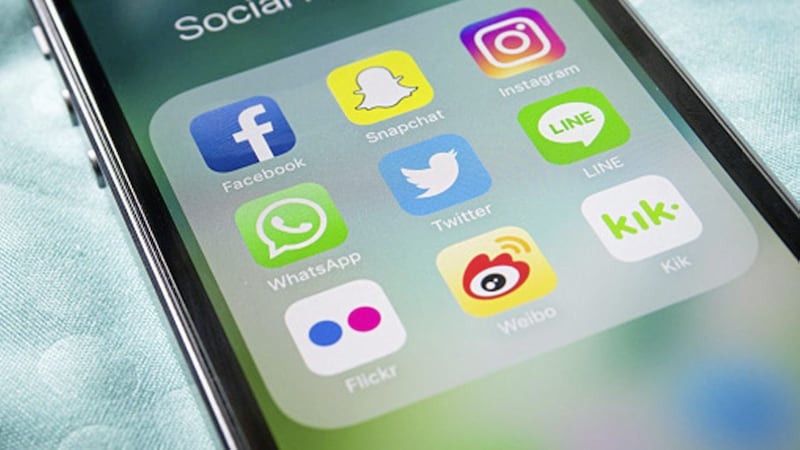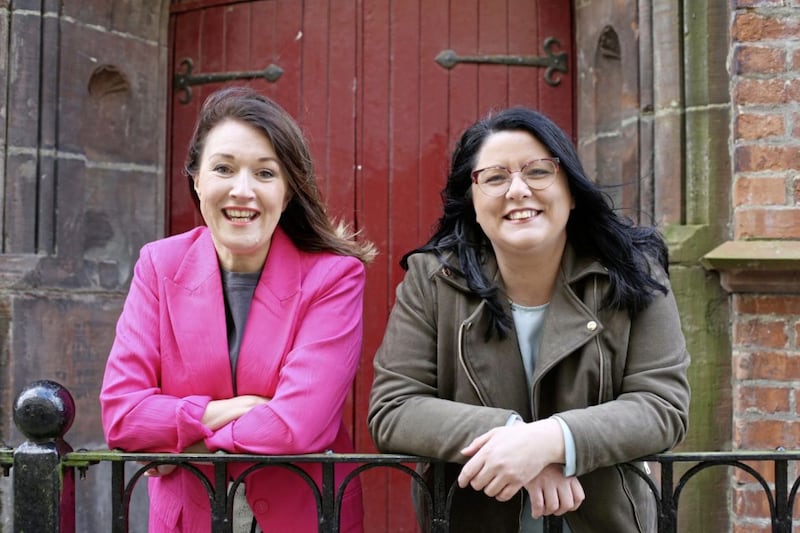IT has become abundantly clear that one of the more interesting stories of 2018 is going to be how ‘big tech’ responds to the crisis it is facing.
Some would say that it has monopoly power, an ability to affect election outcomes and a big hold on our brain space… and there is the evidence mounting that big tech has become something of an existential threat, in terms of politics, the economy and culturally.
The Fangs - Facebook, Amazon, Netflix and Google - are under considerable pressure relating to issues that include fake news, extremism, the addictive nature of smartphones and social media, and cyber bullying.
With regard to the latter, we hear all-too-often teachers and parents talking about the impact cyber bulling through social media is having on young children. The trolling of celebrities and others has also become widespread, with some people in the public eye choosing to stop using social networks, and others claiming that they have stopped reading public tweets.
Research has pointed to links between mental health and tech usage. Recent studies have found that children who use smartphones for three hours per day or more are much more likely to be suicidal, and that frequent social-media use amongst some children can make them depressed.
In the US, Facebook and Twitter were recently hauled before the US Congress in relation to their policing of extremist content. Some activists and indeed tech executives have also been calling for investigations into the impact smartphones have on children. The fact that Apple CEO Tim Cook is publicly talking about technology overuse and saying that he wouldn't allow his nephew to use social networks, perhaps speaks volumes.
A former Facebook executive was reported recently to have gone as far as to say that social media is destroying how society works, and some key people are saying that Apple and other tech firms need to do more to address concerns.
The latest Edelman Trust Barometer, which is published annually, would seem to back this argument up. It suggests that trust in social media as a reliable source of news has plummeted. Where once social media was feted for enabling citizen journalism and driving positive, democratic change, it now sees its reputation eroded – particularly by fake news and suggestions of Russian meddling in western elections through social media activity.
Some have even gone further and linked the rise of platforms like Google, Facebook and Twitter to declining trust in liberal democracy. The fact that these platforms have grown to serve the world with most of its news alongside a decline in trust in liberal democratic governments occurring is perhaps not entirely coincidental.
So, the big tech firms have much to do in 2018 to recover their reputations and adjust their position in society. I am a passionate believer in the positive role of tech in our lives and our society. I see examples of it every day through Novosco’s work in areas such as the NHS, housing associations and business. It allows us to achieve things that we never would have thought possible. It has improved our lives unimaginably in so many ways. But the tech sector – particularly so-called big tech – has a major responsibility to also address the negative side.
Companies like Facebook and Google have such huge power. With that power comes great responsibility, and 2018 will tell whether they take that responsibility seriously enough. I very much hope they do.
:: Patrick McAliskey is managing director of Novosco, an indigenous managed cloud company with offices in Belfast, Dublin and Manchester. It employs 180 people and works for leading organisations across the UK and Ireland, including many of Northern Ireland’s top companies, UK health trusts, housing associations and other organisations.








